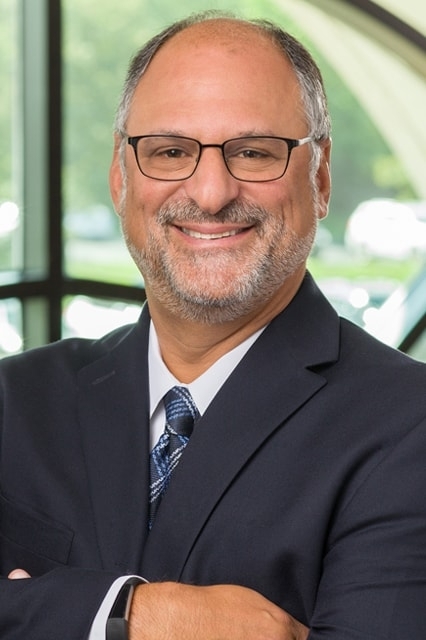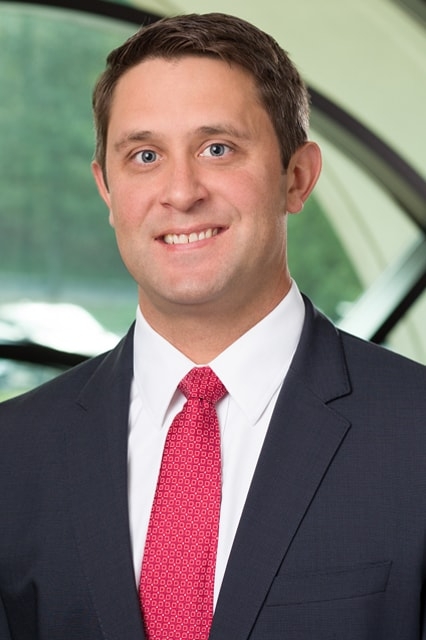CSG Law Alert: "Dirty Dirt" Law Expands DEP Enforcement Authority - Model Ordinance Requires Unspecified Soil Sampling
Note, February 27, 2020: The NJDEP has made available licensing registration forms referenced in our original blog post that must be submitted by any entity engaged in “soil and fill recycling services” by April 20, 2020. NJDEP also issued a guidance document and FAQs. These documents can be found here.
On January 21, 2020, New Jersey Governor Phil Murphy signed the “dirty dirt” bill that requires businesses engaged in soil and fill recycling to comply with the background checks and licensing requirements currently imposed on the solid waste industry. The underlying history of improper soil disposal practices which motivated enactment of the new law is addressed in an earlier CSG Environmental Blog post.
Licensing requirements are no longer limited to solid and hazardous waste haulers and certain facilities. Now, any entity engaged in “soil and fill recycling services” must register with the DEP by April 20, 2020, and then apply for a license (or a 90 day extension) by October 17, 2020.
Use of virgin quarry products, including rock, stone, gravel, sand and clay, is exempt from the licensing requirements. Utilization of beneficial use material – which is material that would otherwise be solid waste but is instead used as landfill cover, aggregate substitute, fuel substitute or fill material – is also exempt from the licensing requirements if the generator has obtained prior approval from DEP to transport to a designated destination. Such approvals will likely result in construction delays.
Regarding site development and site remediation, the statute raises serious questions that DEP should quickly address with guidance and subsequent regulations. For example, consultants engaging in assisting clients with the disposition of soil materials could now be considered “brokers” who must be licensed. Likewise, while the term “consultant” excludes LSRPs, that exclusion does not appear to exclude environmental consultants, or even those working under the supervision of an LSRP. Likewise, the statute appears to require that developers retain only licensed consultants before clean fill can be transported between sites (as is routinely done to balance fill needs).
In addition, the law empowers the DEP, a local board of health, and a county health department to enter and take samples from any premises “used in connection with the provision of soil and fill recycling services in order to determine compliance with” a registration or license issued under this statute and “any other applicable law, and rules and regulations adopted pursuant thereto.” That provision has the potential to significantly disrupt construction projects, particularly if interpreted to include sites receiving recycled fill.
Finally, in concert with the new licensing requirements, the DEP has released a proposed model ordinance that it encourages municipalities to adopt which imposes permit requirements on the placement of fill at sites not undergoing remediation. Specifically, the model ordinance would require that all soil placed at a site meet the DEP’s residential and non-residential soil remediation standards. The proposed ordinance does not set forth sampling protocol – creating the potential for a statewide mosaic of standards, and delays of construction projects.


